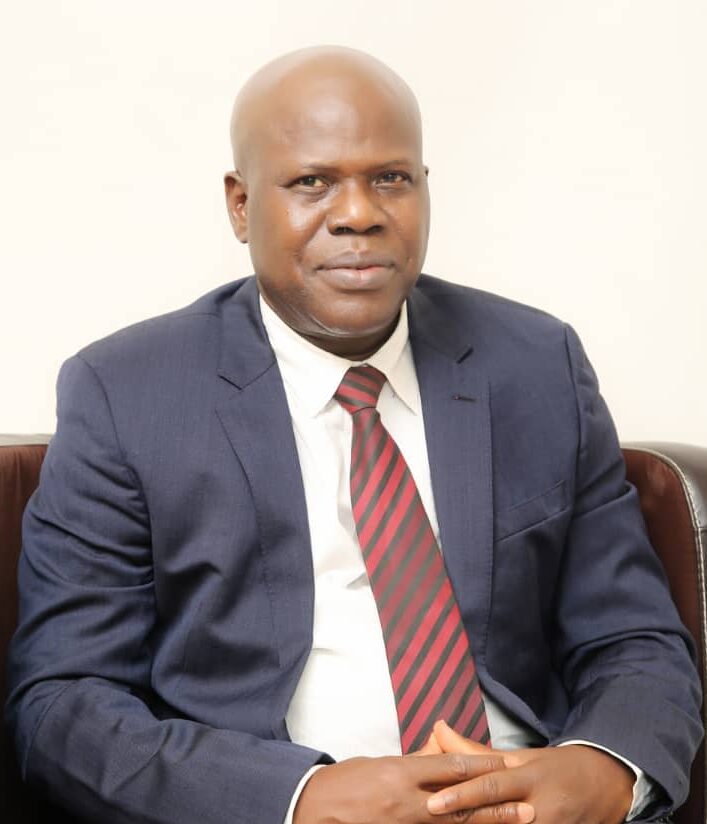Africa
Nigeria: Democracy After 25 Years Uninterrupted -By Richard ODUSANYA
We must stop congratulating ourselves for civilian continuity while our people suffer democratic failure. Elections are just the entry point. Until power truly belongs to the people—until institutions work, justice flows, and merit governs—we remain a democracy only in name.

The immediate past chairman of the Independent National Electoral Commission (INEC), Professor Attahiru Jega, has delivered a sobering critique of Nigeria’s democratic journey, declaring that despite 25 years of uninterrupted civil rule, the country still lacks the true substance of democracy. Speaking at The Platform Nigeria event on June 12, 2025, Jega said Nigeria has mastered the “rituals” of democracy—elections, political transitions, campaigns—but continues to fail in building institutions that serve the people, uphold justice, and inspire public trust….
IS Prof Jega right in perceiving Nigeria’s democracy as “Hollow”?; And are we listening at all?
Professor Attahiru Jega’s recent remarks strike a raw and necessary nerve. After 25 years of uninterrupted civil rule, Nigeria indeed stands as a nation fluent in the rituals of democracy, yet starved of its real substance. Elections come and go, campaigns roar, political seats rotate—but for the average Nigerian, justice is elusive, governance is transactional, and hope remains a distant dream.
Jega, a Nigerian academic and former vice-chancellor of Bayero University, Kano. Immediate past INEC Chairman who once symbolized the promise of electoral integrity, is in a unique position to speak to this paradox. He knows firsthand that democracy is more than ballot boxes and voter turnout. It is about functional institutions, the rule of law, equal opportunity, and leaders who are accountable to the people—not just to their ethnic or party godfathers.
But here’s the deeper tragedy: we’ve normalized the appearance of democracy while surrendering its essence.
We have elections without consequences: rigging and vote-buying are treated like strategy, not crime.
We have a legislature that legislates for itself, not for the people.
We have a judiciary that inspires little faith, weighed down by delay, corruption, and executive interference.
We have a political class that treats governance as a zero-sum game, with public office as the shortest route to wealth.
And we have a citizenry—bruised, disillusioned, and distracted—slowly losing the will to demand better.
Jega’s critique is not new, but it is timely. And if someone like him—once at the heart of the democratic machinery—admits we are still stuck in the shadows of democracy, then we must ask: Who will finally pull us into the light?
True democracy can not exist in a nation where:
* Security is for the rich,
* Food is a prayer point,
* Education is for the lucky,
* And political office is the most lucrative business venture.
We must stop congratulating ourselves for civilian continuity while our people suffer democratic failure. Elections are just the entry point. Until power truly belongs to the people—until institutions work, justice flows, and merit governs—we remain a democracy only in name.
Professor Jega has spoken truth. The question is: Are we ready to do something about it—or shall we, once again, clap for the ritual and sleep through the rot?
Up to Nigerians to decide.
Richard ODUSANYA

























